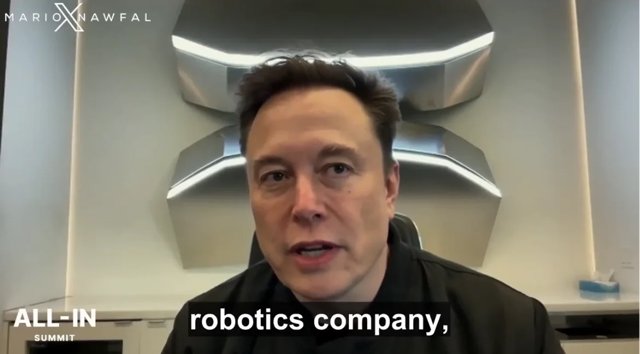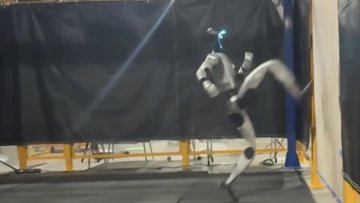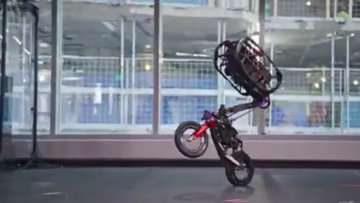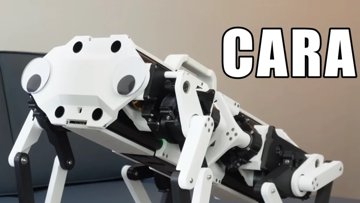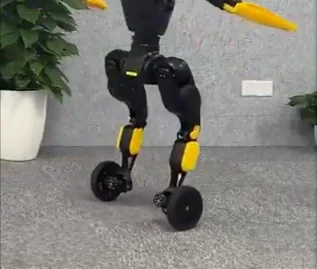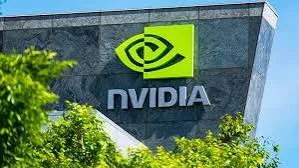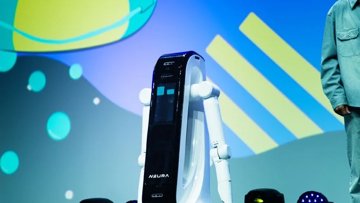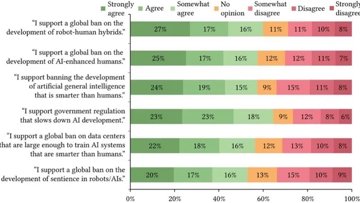In a move brimming with his signature, utterly ununderstated confidence, Tesla, Inc. CEO Elon Musk recently declared that the company is “finalizing the design of Optimus version 3.” Speaking at the All-In Summit on September 10, 2025, Musk laid out a rather ambitious trifecta for the next-generation humanoid: human-level manual dexterity, an “AI mind that can navigate and comprehend reality,” and – brace yourselves – very high-volume production. He then, with characteristic modesty, casually added that other robotics companies are simply “missing those three things,” a statement that’s undoubtedly already found a permanent home on the R&D dartboards at Boston Dynamics and Figure AI.
Musk claimed he’s currently spending more “mental cycles on Optimus than anything else right now,” a truly remarkable admission from a man who, let’s be honest, seemingly juggles rockets, brain implants, and a global social media platform before breakfast. The core challenge, he elaborated, is that “there’s no supply chain for humanoid robots, so we’re recreating it from scratch.” This audacious vertical integration approach is classic Musk: a high-stakes, high-reward gambit designed to control every single cog, from actuators to AI chips, all in the pursuit of achieving the dizzying scale he so frequently envisions.
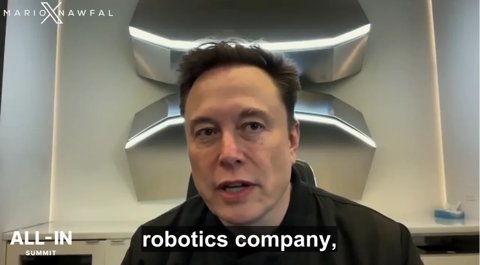
So, why should we actually care?
While building a bipedal bot that can merely waddle about is one thing, manufacturing it at scale with a truly autonomous AI brain is, without hyperbole, the veritable holy grail of robotics. Musk’s laser focus on high-volume production, intricate dexterity, and an advanced AI mind squarely targets the three most formidable hurdles preventing humanoids from ever truly escaping the lab and, you know, getting a proper job. If Tesla can genuinely untangle the monumental supply chain and manufacturing Gordian knots for a machine as complex as Optimus, it could, quite frankly, fundamentally disrupt global labour markets as we know them. However, these remain rather bold claims in an industry famously littered with missed deadlines and over-optimistic timelines; the real acid test will be whether Optimus V3 can perform meaningful work autonomously, not just in a meticulously choreographed, highly-scripted demo.
